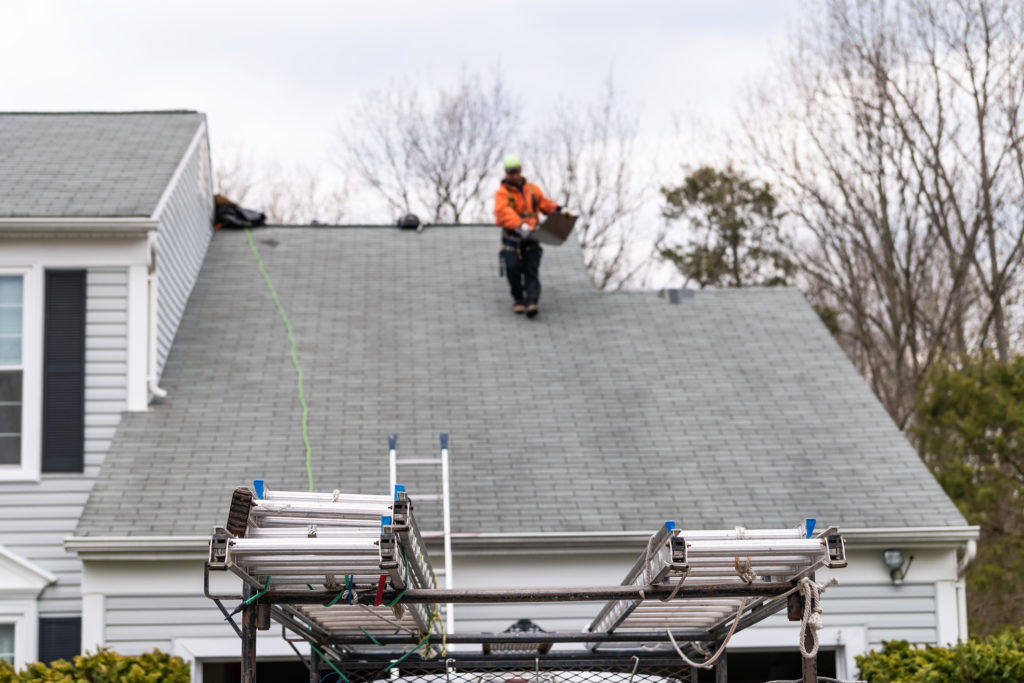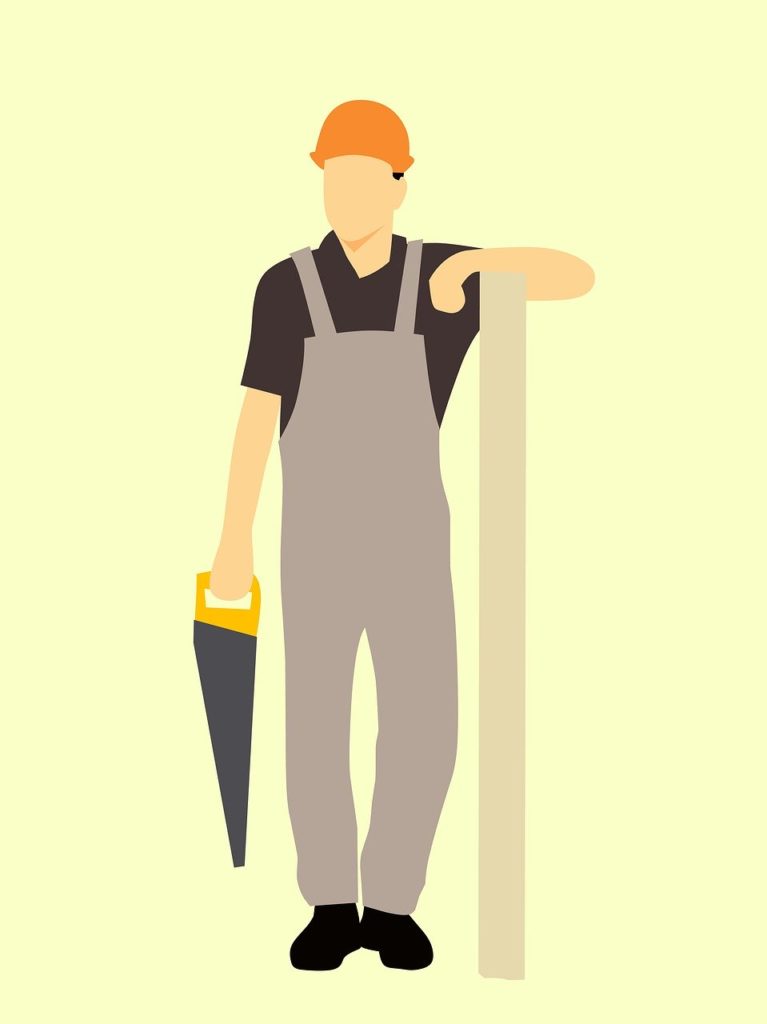It’s a situation no one wants to deal with: a bad roofing job. Not only is it inconvenient and stressful to deal with, but it can cost a lot of time and money to get it fixed. What’s more, a bad roofing job can lead to further damages to your home or other structure that can be detrimental to your wallet.
Thankfully, there are steps you can take to address your bad roofing issue and get it fixed as quickly as possible. Read on to learn how to spot and fix a bad roofing job, and how to hire reputable roofers moving forward.
How can I tell if my roofing job is bad?
There are several ways to spot a bad roofing job, even if you’re not a professional. The first noticeable signs usually start to show through your roof’s appearance, or with leaks. Here are some things to look out for:
- Missing or damaged shingles after storms: These, of course, are normal after major storms or hurricanes (especially here in Florida), but an excellent roofing job should withstand typical weather. If you do end up with missing or damaged shingles, compare your roof to those around you. If you don’t see damage elsewhere, that’s an immediate sign that your roofing job may be substandard.
- Black stains on your roof: This is an indication that your roof is leaking. Be sure to check the highest ceiling in your home or the attic to spot the leaks.
- Uneven wear: Wear and tear are standard for any roof, as it consistently withstands Florida’s heat, humidity, rain, and occasionally strong winds. Your roof, however, should wear evenly in color and size. If you notice one side is wearing down more quickly than the other, that may indicate your contractor cut corners by using inconsistent materials and bad techniques.
Once you start to notice these signs of a bad roofing job, call a reputable roofing contractor to inspect it. They’ll be able to find other red flags, like missing drip edges, bad shingle installation, rotting roof decking, and missing underlayment.
What should I do if I’ve had a bad roofing job?
A bad roofing job could be caused by an honest mistake or an irresponsible contractor. But before you jump to conclusions, take the necessary steps to get it fixed properly (and fairly compensated for, if necessary).
- Review your contract. Carefully look over the contract to see if any warranties still apply and what the process is for handling repairs or replacements.
- Contact the contractor directly. Once you have the contract in-hand, get in touch with the contractor as soon as possible to let them know what’s going on. Any reputable roofing company will work to address the issue as quickly as possible. They should also honor terms of the contract and any valid warranties.
If you can’t contact your contractor or they refuse to help solve the problem, then you’ll need to take a few additional steps.
- File a complaint with the Better Business Bureau (BBB). Call or visit the BBB’s website to file a complaint about the roofing contractor. They may also be able to help you reach the contractor.
- Consult a lawyer or file a lawsuit in small claims court. No one hopes a lousy roofing job will lead to this, but should you find yourself in an unfortunate situation, it’s likely time to seek professional advice. A lawyer will be able to better advise on whether you should move forward in suing for damages — either through an attorney or small claims court.
How do I avoid a bad roofing job in the future?
No one wants to deal with a bad roofing job, but it still unfortunately happens. If you need to find a new contractor to repair or replace your roof, here’s how to choose a reputable roofing contractor:
- Choose an in-state or local contractor
- Check the contractor’s accreditation with the BBB
- Read reviews
- Get proof of proper and up-to-date licensing, bonding, insurance, liability, and worker’s compensation
- Ask for references and examples of work
- Secure a contract and ensure all communication is documented and in writing





